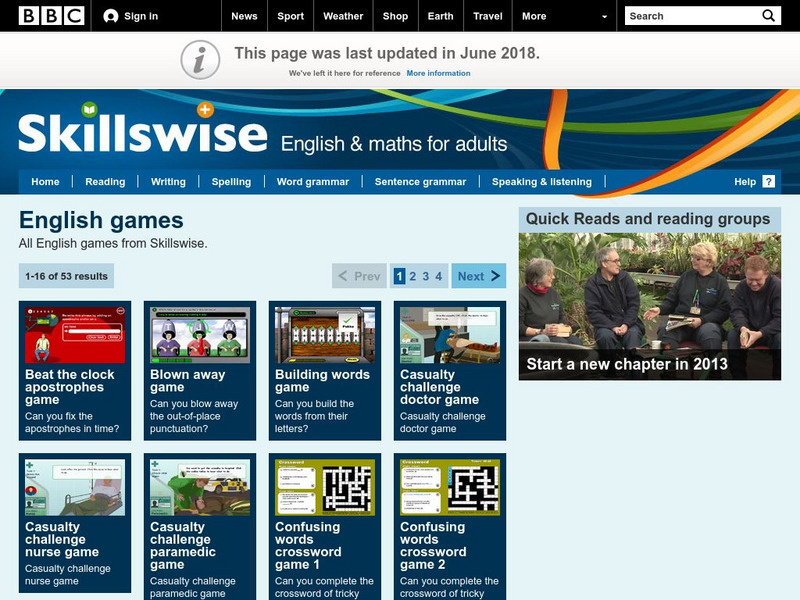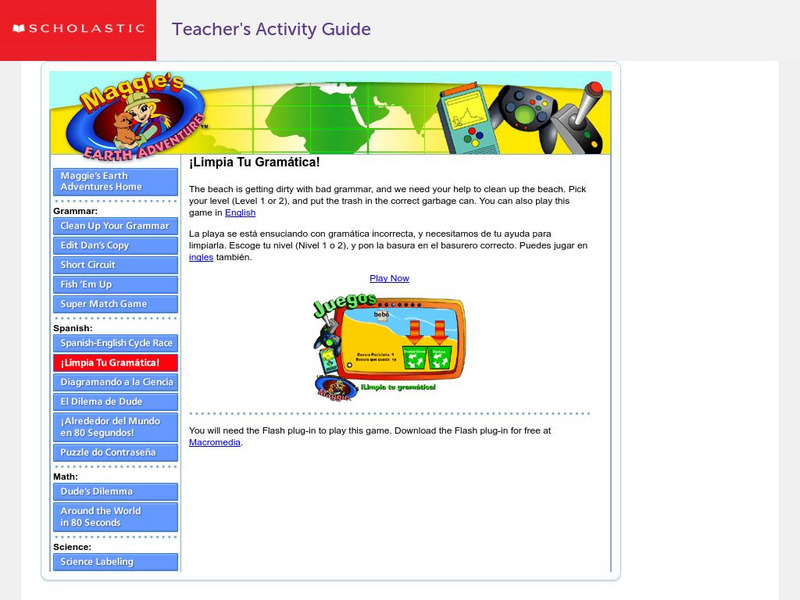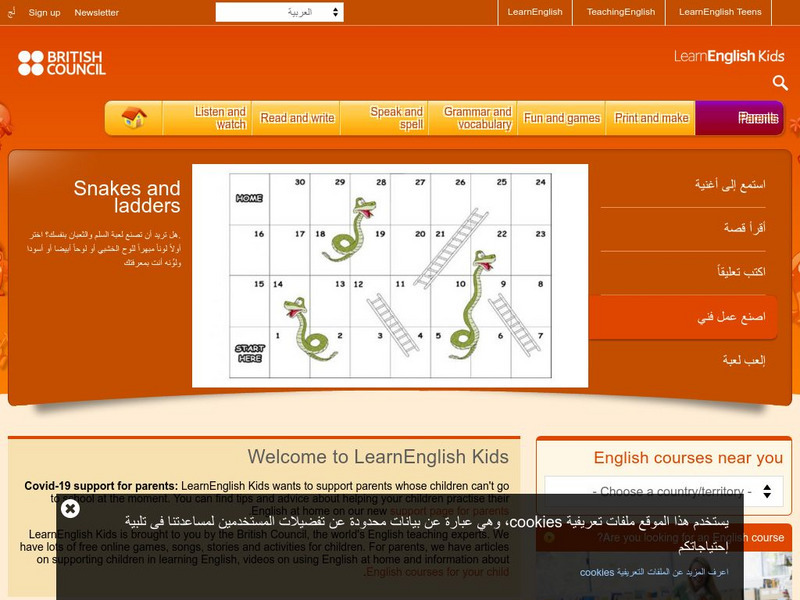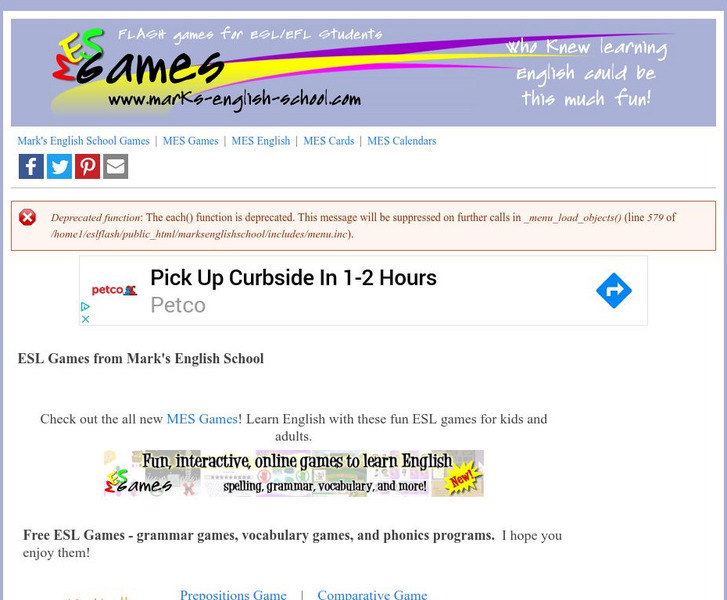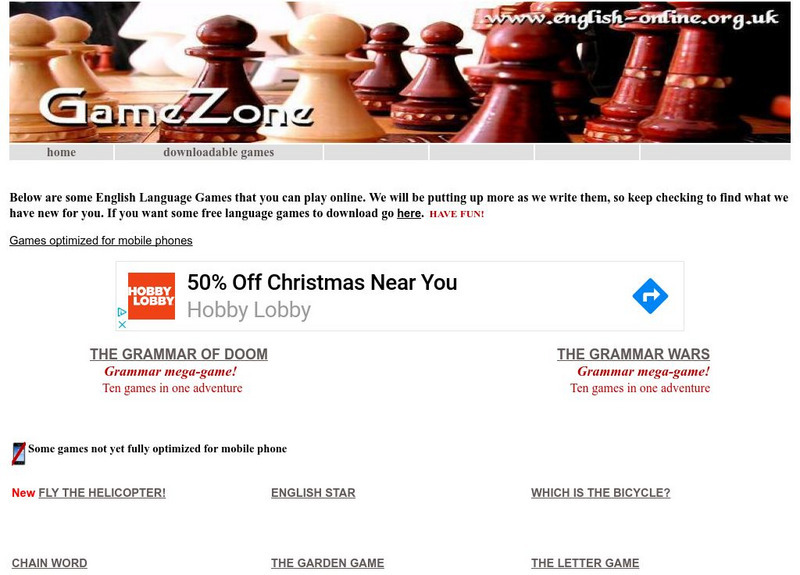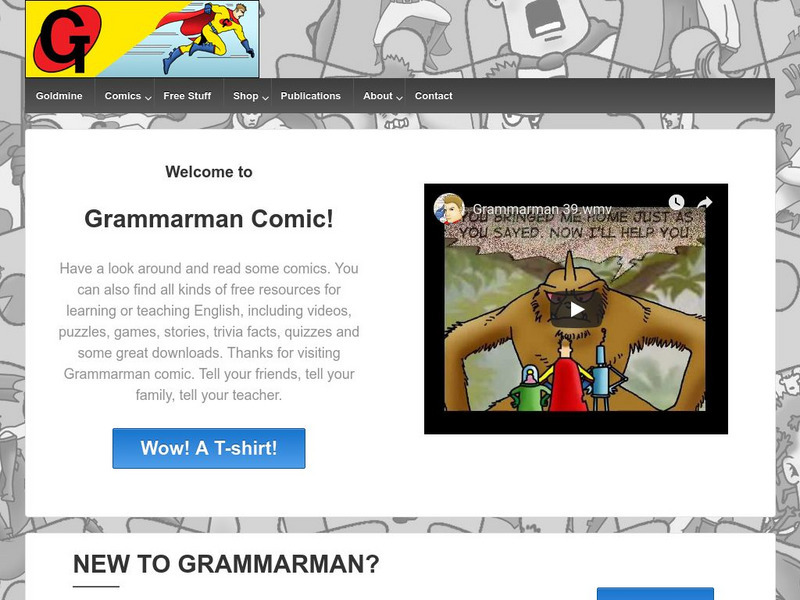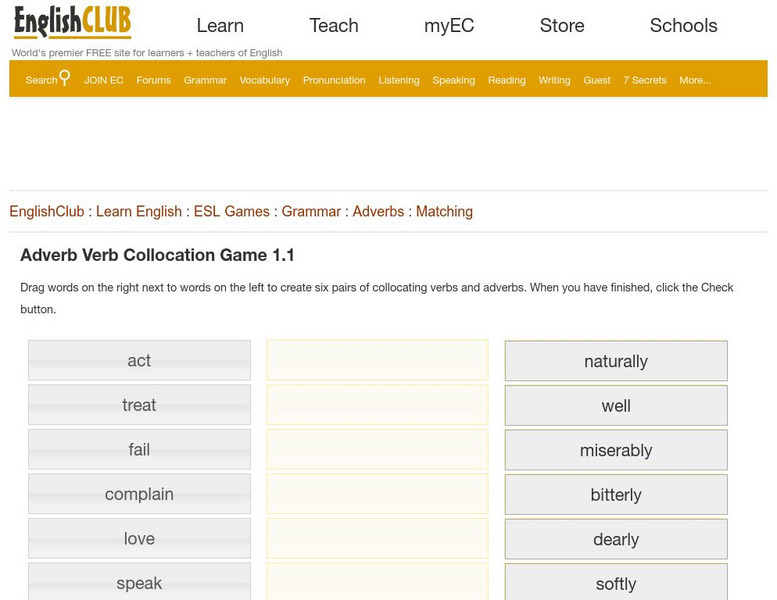Curated OER
Complete the Sentences 4
In this language arts learning exercise, learners examine 20 incomplete sentences with 4 possible choices for endings. Students choose the most appropriate word to best compete the sentence.
Curated OER
Jobs
Students practice their vocabulary skills. In this language arts lesson plan, students examine pictures and textbook questions in order to expand their vocabulary related to jobs and careers.
Curated OER
Ordinals 1--Months of the Year
In this math worksheet, students learn ordinal numbers (first, second, third...) by completing 12 sentences which tell the order for the months of the year. Students complete the sentences which give the months out of order. Example:...
Curated OER
Using Numbers 4
In this language arts worksheet, students learn to understand the words for the numbers as well as the names of the math operations. Students analyze and problem solve three multi- step problems, writing all answers in word form.
Curated OER
Using Numbers 2
In this language arts and math worksheet, students read 12 mixed operation problems which are expressed in words. Students write the answers to the equations in words. Example: five plus eleven equals (sixteen).
Northern Illinois University
Vietnamese English Matching Games
Matching games and lessons for English-speaking learners of Vietnamese. Could also be useful vocabulary practice for Vietnamese-speaking English language learners.
Other
Hong Kong Education City: English Campus
English Campus is an excellent site for Chinese speakers learning English. It includes seven channels - Watch, Read, Practice, Play, Create, Meet, and a Teachers' Corner. Learn by playing word and grammar games, watching movies and...
British Council
British Council: Go4 English: Vocabulary and Grammar for Arabic Speakers
This illustrated and animated site is specifically designed for English language learners whose first language is Arabic. Ask-and-Answer online quizzes and games help students understand various aspects of English grammar and vocabulary,...
BBC
Bbc: Skillwise: English: Sentence Variety Grammar Games
Designed to help students practice the elements of sentence design, these games provide different levels of difficulty for users of all ages. The sentence variety games include: Is This a Compound Sentence, Logging Sentences, Make a...
Other
Fun English Games: Interactive Grammar Games: Prefix & Suffix Game
In this interactive game, students select either a prefix, or a suffix, or both to a word to make a new word. It uses common prefixes and suffixes such as pre, sub, re, un and ly, ful, less, er.
Scholastic
Scholastic: Maggie's Earth Adventures: Clean Up Your Grammar Limpia Tu Gramatica
This is a Spanish grammar game in two different difficulty levels. The English version is also available.
British Council
British Council: Go4 English: English for Arabic Speakers
Go4English is a website of the British Council dedicated to teaching English to Arabic-speaking children and adults. It includes lesson plans, self-tests, learning exercises, games, stories, songs, and many more activities and...
Other
English Spanish Link: Creative
This site offers newspapers and magazines from various Spanish countries along with a tool bar that includes a spell checker, verb conjugator, Spanish and English dictionary, Spanish verbs and much more. Available in Spanish and English.
Other
Mark's English School Online: Esl Games
A commendable teacher-created site by an American ESL educator based in Japan. Includes a nice variety of ESL/EFL games for younger students for learning the past tense or verb usage playing basketball, punctuation playing golf, or new...
Capital Community College Foundation
Guide to Grammar and Writing: Grammar English's Crossword I
Use the grammar clues provided to complete the crossword puzzle. Answers can be checked when finished, and letter hints are available if needed.
Other
Biscuit Software: English for Everybody Games Zone
A variety of English language games for playing online or for downloading. Games are designed to help English learners practice English grammar, vocabulary, reading, and spelling.
Quia
Quia: English Irregular Verbs ("Jeopardy" Game)
One or two players can practice irregular verbs with a Jeopardy-like game. Self-checking with automatic accumulation of points makes for a fast-paced review.
World Food Programme
Free Rice: Learn Free Grammar and Give Free Rice
Play this web game and learn about grammar while providing free rice to hungry people around the world through the United Nations World Food Program. There are five different levels of play. L.11-12.1 Gram/Usage Conventions
Other
Grammar Man Efl/esl Comics for Students and Teachers
Creative blend of cartooning and ESL. Students can read the adventures of Grammarman -- where they help Grammarman right evil grammar wrongs -- or do a WebQuest on how to create their own cartoons and submit them to the student gallery....
Other
Esl Junction: Esl, Efl and Tefl Games
This page has a good variety of games for ESL students at all levels up to about age 13. Quite a few allow for physical activity.
World Food Programme
Free Rice
This vocabulary and grammar site provides free quizzes. The site will donate grains of rice to the World Hunger Programme for each correct answer.
Other
English at Home: Learn English
Designed for English Language Learners, this site offers a collection of lessons on grammar, vocabulary, tenses, verbs and speaking. It includes sections on idioms and real-life English, as well as quizzes. This can be used as an...
English Club
English Club: Adverb Verb Collocation Game 1.1
In this six-question adverb game, students click and drag the correct adverb into the box beside the appropriate verb. Click "Check" for the score.
Roy the Zebra
Roy the Zebra: Reading Games: Does It Make Sense?
This reading game offers young readers the opportunity to correct a sentence and clean up trash on the seashore. They are to click and drag words in the correct order into a sentence so that it makes sense. Then they are to drag a piece...








